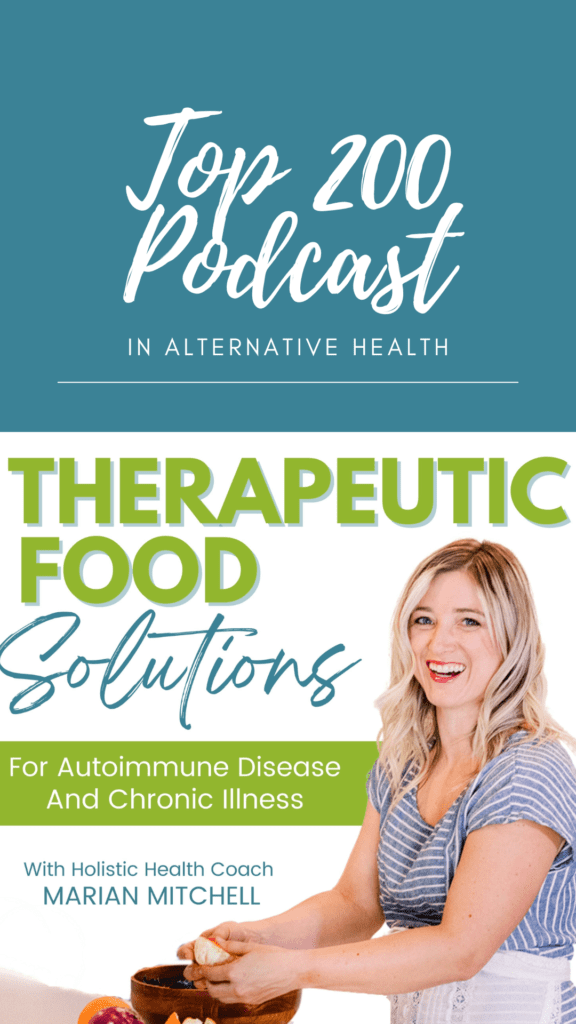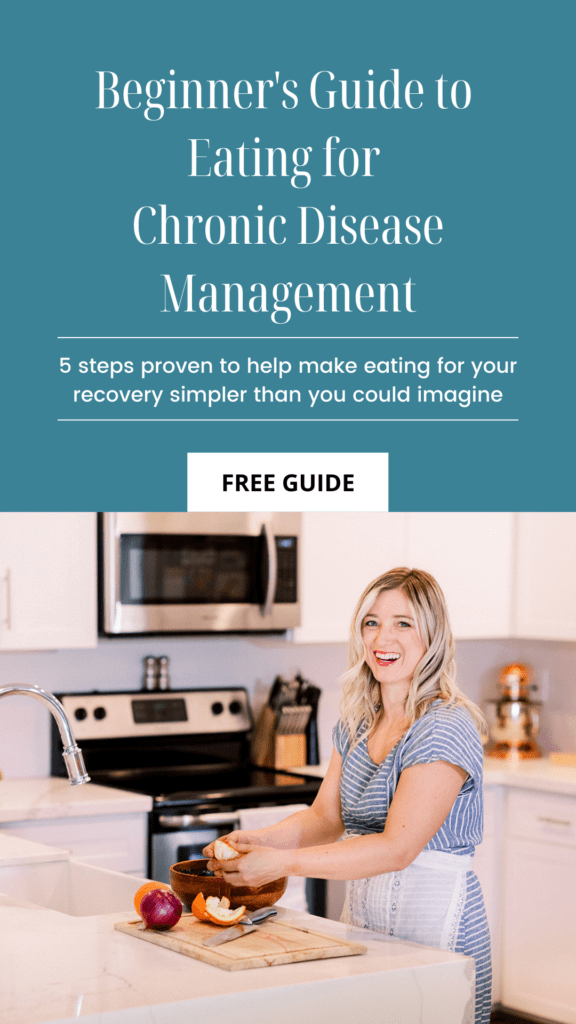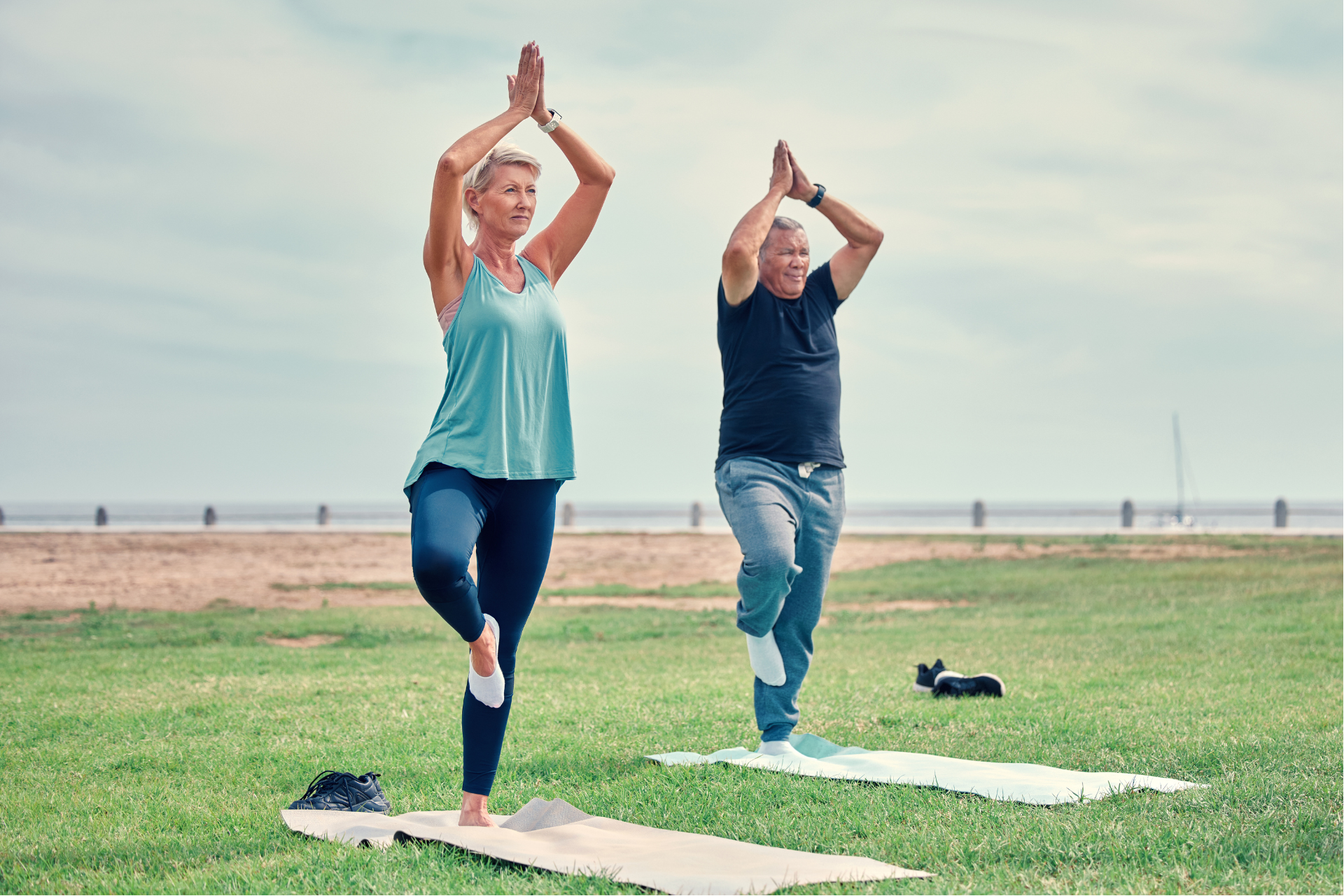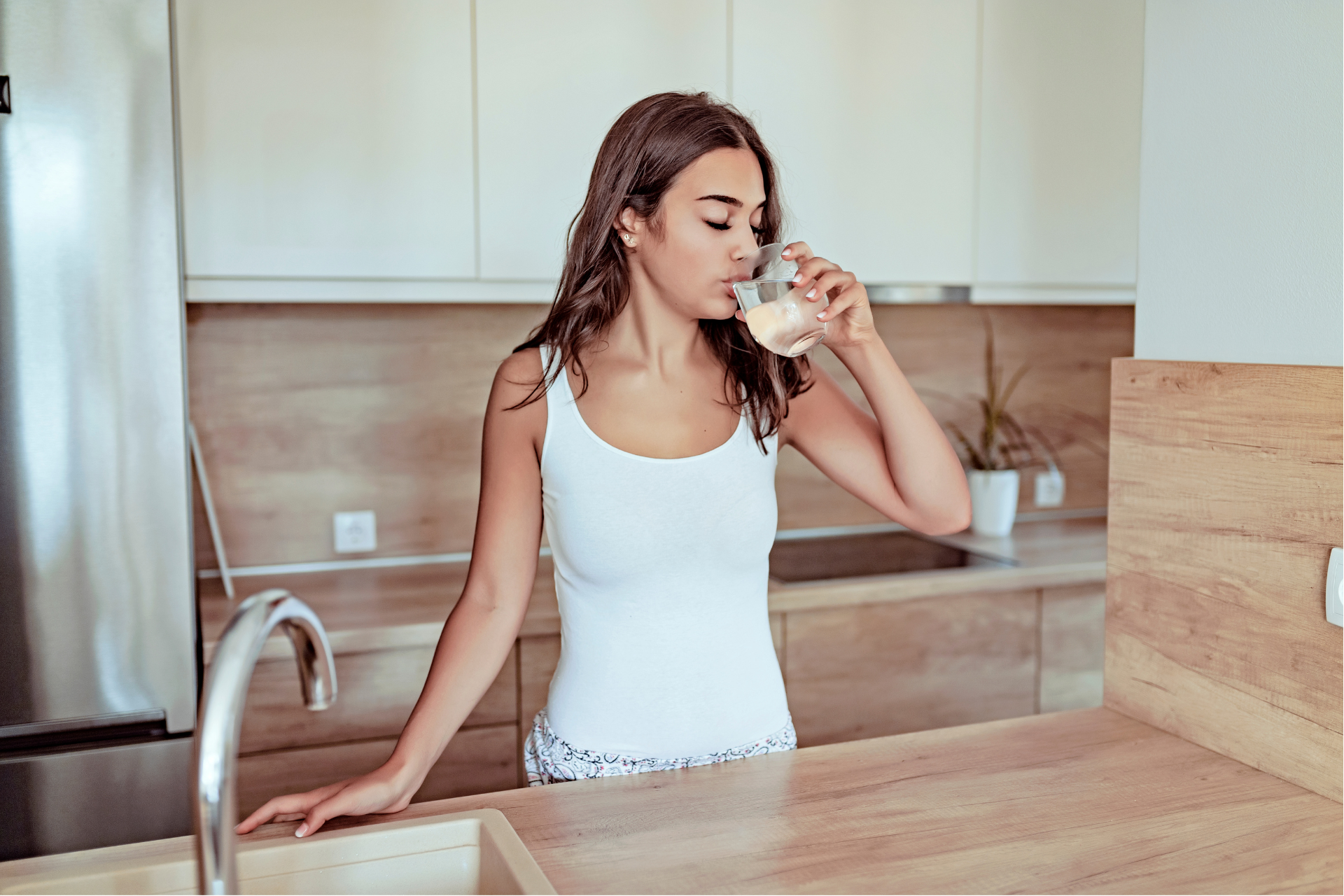Summer is here! Kids are done with the school year, the weather is warming up (we have been in the hundred’s for a couple weeks here in Phoenix) and it’s time to get outside, play, and swim. There is a lingering question though, do sunscreens do more harm than good?
There was a time when I was covered with sunblock head to toe 365 days a year. I was told the sun caused cancer and premature aging. I sure didn’t want either of those! You do what you can until you know better, right? I had no idea how essential unprotected sun exposure is to our health, nor how toxic 75% of sunscreens are out there!
We Need Vitamin D
Vitamin D is the latest rage is the media and medical community. Most people are extremely deficient in this fat-soluble steroid hormone precursor. Without adequate vitamin D, we can’t make the hormones we need, we are not as able to absorb and convert calcium, iron, magnesium, phosphate, and zinc, increase our muscles and bone strength, keep a high functioning immune system which in turn means we are not able to fight off cancer cells as efficiently. Most people wear sunscreen religiously, even when they are only outside during the morning and evening hours. This blocks us from being able to make sufficient amounts of this life-giving nutrient. We need unprotected exposure to mid-day sunshine for 20-30 minutes daily to stay healthy. Unprotected means no windows or sunscreen, and as little clothing as possible. I only wear sunscreen if I’m going to be outside for longer than 30 minutes mid-day. I don’t wear sunscreen before 10a or after 3pm.
Toxic Chemicals To Avoid
Most sunscreens are full of hormone-disrupting, cancer promoting, and skin-irritating chemicals. 5 of these toxic chemicals are:
- Oxybenzone and Octinoxate-Act like estrogen in our bodies, negatively affect both male and female reproductive systems, affect our thyroid, and are skin irritants. These are absorbed by our skin and then flow into our bloodstream. Octinoxate has been found in breast milk and that means that fetuses are also likely exposed to all the effects of these chemicals.
- Vitamin A-breaks down and actually promotes the development of skin lesions and tumors when in sunlight! Not exactly the cancer protection we hope for from our sunscreen.
- Fragrance-these have been linked to being skin irritants and actually cause sunscreen to be less effective.
- Parabens-known hormone disrupters.
So Which Sunscreens Are Best?
I’m not saying to never wear sunscreen. If you are going to be outside for more than 30 minutes between 10 and 2, you need to be protected. Keep in mind what we talked about earlier, we do need unprotected exposure daily for 20-30 minutes between 10 and 2 so we can make and have a healthy amount of vitamin D3. The Environmental Working Group has an annual list of safe sunscreens you can go to and find one that you like. Personally, my top 8 favorites are:
- MyChelle Dermaceuticals
- BeautyCounter
- Badger Baby Sunscreen Cream – SPF 30
- California Baby SPF 30+
- Aubrey Organics
- Poofy Organics Sunscreens
- Goddess Garden Organics
- ThinkSport
All 8 use non-nano zinc oxide and/or titanium dioxide. They are not the prettiest sunblocks as they do not penetrate your skin. You will look a little ghostly. Another option is wearing a hat and clothing.
Want an even more natural approach?
Did you know that you can eat for sun protection? It’s true. Saturated fats protect us from sun damage by allowing us to be outside longer without burning, reduce the risk of some cancers and if we do get burned, heals us faster. Be liberal with grass-fed butter and coconut oil and remember, fat doesn’t make us fat. It makes us full.
Fermented Cod Liver Oil gives us a hefty dose of vitamin D, which protects us from sun damage and speeds healing. Take the recommended dose daily.
Make sure you get your antioxidants. Antioxidants help reduce and prevent sun damage. So eat plenty and a variety of fruits and veggies daily. Also take Astaxanthin – 12 mg daily, which is actually really great for your heart health as well.
In Conclusion
The sun is good for you and chemicals are not. Reducing your toxic load is essential for long-term health for you, your family and the environment. Eating real food, especially saturated fats, and fat-soluble nutrients, will not only help protect you from sun damage but damage from everyday living.
I hope you have a wonderful and healthy summer.
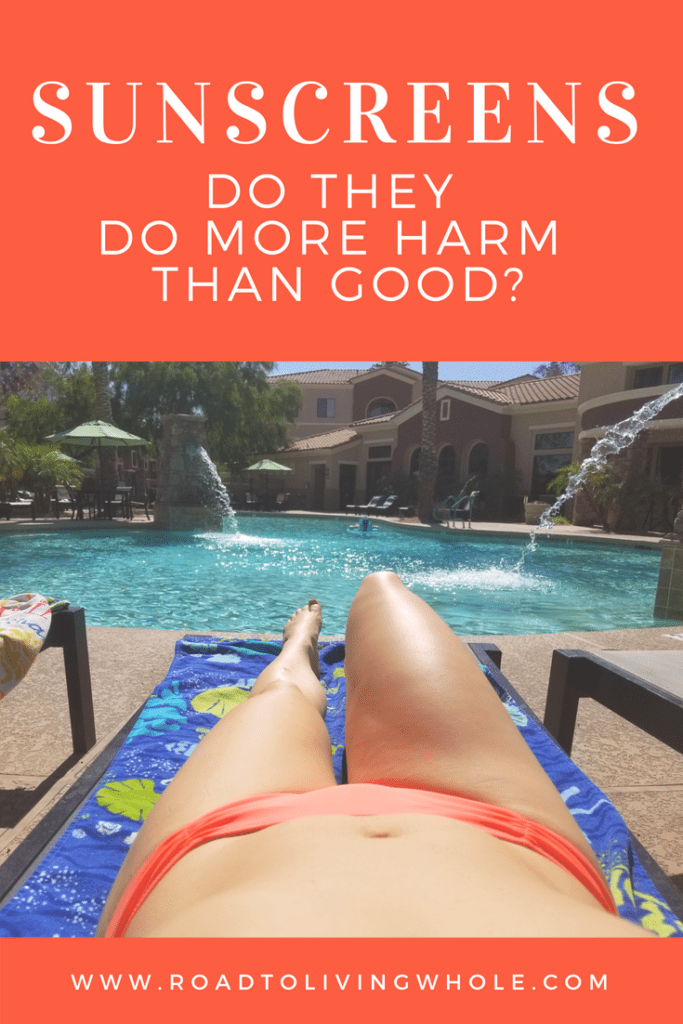
Sources:
http://ajcn.nutrition.org/content/88/2/491S.long
http://www.ewg.org/2014sunscreen/the-trouble-with-sunscreen-chemicals/
http://www.ewg.org/skindeep/ingredient/702512/FRAGRANCE/
http://www.ewg.org/2014sunscreen/whats-wrong-with-high-spf/
http://www.ewg.org/2014sunscreen/the-problem-with-vitamin-a/
http://www.myyogaonline.com/healthy-living/health-and-wellness/10-ways-to-eat-your-sunscreen/p3
http://www.nutraingredients-usa.com/Suppliers2/Astaxanthin-Still-red-hot-or-cooling-off-The-Dr-Oz-effect-two-years-on
http://www.ncbi.nlm.nih.gov/pubmed/20219323



